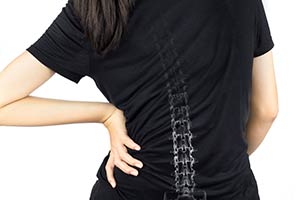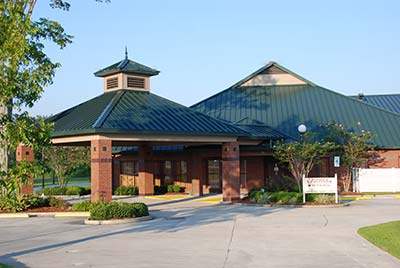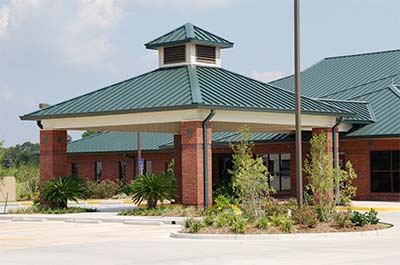Spine Pain Q & A's
What are some common causes of spine pain?
Common causes of spine pain include:
Muscle strains
Muscle strains are one of the most common causes of spinal pain. Heavy lifting, repetitive stress, or awkward movements can strain your soft tissues resulting in pain and sometimes muscle spasms.
Herniated disc
A herniated disc refers to dysfunction of the soft discs that cushion the bones of your vertebrae. If your disc ruptures or bulges out, it can put pressure on the nerves in your spine.
Osteoarthritis
Osteoarthritis refers to gradual wear and tear on your joints. Osteoarthritis frequently affects the spine and is a common source of lower back pain. Spinal osteoarthritis causes pain, stiffness, and loss of flexibility.
Spinal stenosis
Spinal stenosis develops when the spaces within your spine begin to narrow. Spinal stenosis can put excess pressure on your nerves and cause painful symptoms in your neck and lower back.
Spinal stenosis can be caused by a number of underlying problems including herniated discs, arthritis, bone spurs, tumors, and spine injuries.
When should I seek medical attention for my spine pain?
In most cases, mild spine pain clears up on its own. You should seek medical attention if your back pain is severe or lasts more than a few weeks. You should also get help if your spine pain is accompanied by numbness or weakness, or if your symptoms spread down one or both legs.
If you’re concerned about spine pain, the specialists at Headache & Pain Center,amc can determine the underlying cause and most effective treatment.
How is spine pain diagnosed?
A proper diagnosis is essential to successfully treat your spine pain. During your appointment, your doctor performs a thorough examination, including a physical exam and imaging tests. Headache & Pain Center, amc offers a number of advanced diagnostics including X-rays and an open MRI.
After your diagnosis, your doctor works with you to develop your customized treatment plan.
How is spine pain treated?
Depending on your diagnosis, treatment may include:
- Over-the-counter pain medication
- Physical therapy
- Steroid injections
- Radiofrequency treatments
- Spinal cord stimulator
In many cases, the specialists at Headache & Pain Center, AMC help patients eliminate their pain without the need for invasive procedures or habit-forming narcotics.
If your condition is severe or doesn’t respond to more conservative treatment, your doctor may suggest surgery. Your procedure depends on the underlying cause of your symptoms. The team has extensive experience successfully performing a wide range of spine procedures.
To find out which treatment is best for you, book your visit by phone or online today.



